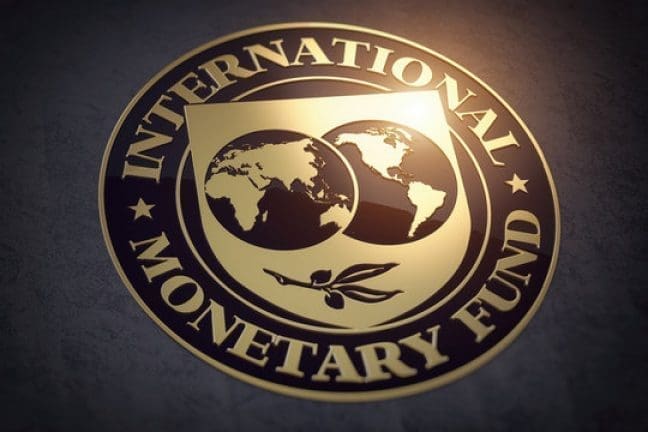The tax and expenditure changes made by Finance Minister Ishaq Dar in the budget for the next fiscal year are believed to have narrowed differences between Pakistan and the IMF, bringing the PML-N-led coalition government closer to finalizing the seven-month-old bailout deal.

However, ambiguity continues to surround the ongoing discussions between the two parties regarding the lender’s other conditions for the restoration of its funding programme, which will release billions of dollars in stalled loans from other multilateral and bilateral lenders.
The fiscal tightening measures disclosed on Saturday were the result of three days of marathon negotiations with the lender of last resort in an attempt to extend the funding package beyond June 30.
But while announcing Rs215bn in new taxes and Rs85bn in expenditure cuts to reduce the fiscal deficit, the minister remained silent on whether or not the $6bn external financing gap estimated by the IMF for the current fiscal year had been closed.
“Although it is unclear how the additional tax revenues of Rs215 billion will be generated, the minister has stated that it will have no impact on the common people. Therefore, I believe [these taxes] will be levied on the wealthy,” Mohammad Sohail, CEO of Topline Securities.

He expressed optimism that the changes to the budget “might persuade the IMF to restart the funding programme” but cautioned about the IMF’s position on the country’s $6bn external financing gap.
Pakistan disagrees with the IMF’s projections for its external financing gap, maintaining that it has been reduced due to a substantial reduction in the current account deficit as a result of controlled imports. To cover the remaining gap, the government has already secured $4 billion from Saudi Arabia and the United Arab Emirates.
Unannounced constraints on foreign exchange rates continue to be a source of contention between the lender and Pakistan, as Mr. Dar is an outspoken proponent of a strong rupee. The IMF criticized the announced tax amnesty for those who bring back $100,000, as it is believed to violate the program’s conditions.
Following a meeting between Prime Minister Shehbaz Sharif and IMF Managing Director Kristalina Georgieva on the margins of the Global Financing Summit in Paris, the budget review has been conducted.
The resident representative of the Fund in Pakistan stated in her comments on the previous finance bill presented by the government on June 9 that the budget “misses an opportunity to broaden the tax base in a more progressive manner.”
However, Shahid Ali Arif, CEO of Arif Habib Ltd, was quite optimistic regarding the conclusion of an agreement with the Fund. “We still have a few days to address any remaining issues. On the basis of the progress made thus far, the IMF may conclude the ninth review and release the long-awaited $1.2 billion tranche,” he argued.

According to him, significant progress appeared to have been made over the past three days, as evidenced by the review of the tax target and the decrease in expenditure.
“Clearly, the IMF must have requested more. It would have been ideal if the government had consented to reduce its development stimulus, but the fiscal tightening announced by the minister has already contributed to a Rs300bn reduction in the fiscal deficit for next year, which is a significant step forward.”
He was also optimistic that the lender would reconsider its position on its estimates of the external financing deficit for the current fiscal year, paving the way for the reinstatement of the suspended program by the end of this month.
Mr. Arif stated that the agreement with the IMF was essential for releasing funding from other multilateral and bilateral lenders. “Once the deal is finalized and the IMF is on board, the pipeline will be unblocked, dollar liquidity will improve, and rollover pressure will be alleviated,” he concluded.

